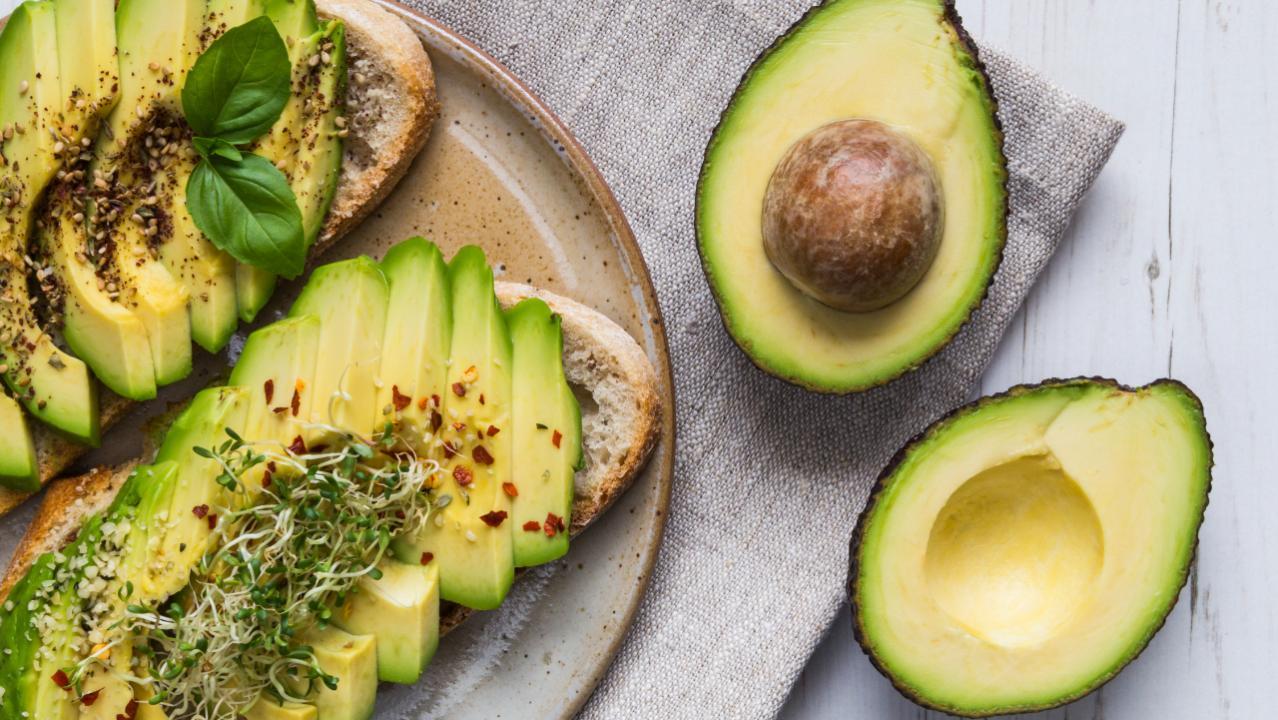The study, published in European Heart Journal, found that potassium-rich diets were associated with lower blood pressure, particularly in women with high salt intake

Image for representational purpose only. Photo: istock
There are many different benefits of consuming fruits, vegetables and seafood on one's health. In a new study, it has been found that eating bananas, avocados and salmon can actually help reduce the negative effects of salt in women's diet.
The study, published in European Heart Journal, found that potassium-rich diets were associated with lower blood pressure, particularly in women with high salt intake.
ADVERTISEMENT
On the contrary, the researchers found no such association between potassium and blood pressure among men.
"It is well known that high salt consumption is associated with elevated blood pressure and a raised risk of heart attacks and strokes," said professor Liffert Vogt of Amsterdam University Medical Centers in the Netherlands.
"Health advice has focused on limiting salt intake but this is difficult to achieve when our diets include processed foods. Potassium helps the body excrete more sodium in the urine. In our study, dietary potassium was linked with the greatest health gains in women," Vogt added.
The study included 24,963 participants (11,267 men and 13,696 women). The average age was 59 years for men and 58 years for women.
The researchers found that potassium consumption (in grams per day) was associated with blood pressure in women - as intake went up, blood pressure went down.
When the association was analysed according to sodium intake (low/medium/high), the relationship between potassium and blood pressure was only observed in women with high sodium intake, where every 1 gram increase in daily potassium was associated with a 2.4 mmHg lower systolic blood pressure.
During a median follow-up of 19.5 years, 55 per cent participants were hospitalised or died due to cardiovascular disease.
In the overall cohort, people in the highest tertile of potassium intake had a 13 per cent lower risk of cardiovascular events compared to those in the lowest tertile.
When men and women were analysed separately, the corresponding risk reductions were 7 per cent and 11 per cent, respectively. The amount of salt in the diet did not influence the relationship between potassium and cardiovascular events in men or women.
"The results suggest that potassium helps preserve heart health, but that women benefit more than men. The relationship between potassium and cardiovascular events was the same regardless of salt intake, suggesting that potassium has other ways of protecting the heart on top of increasing sodium excretion," Vogt said.
Also Read: Follow these five tips to take care of the skin around your eyes this monsoon
This story has been sourced from a third party syndicated feed, agencies. Mid-day accepts no responsibility or liability for its dependability, trustworthiness, reliability and data of the text. Mid-day management/mid-day.com reserves the sole right to alter, delete or remove (without notice) the content in its absolute discretion for any reason whatsoever
 Subscribe today by clicking the link and stay updated with the latest news!" Click here!
Subscribe today by clicking the link and stay updated with the latest news!" Click here!







